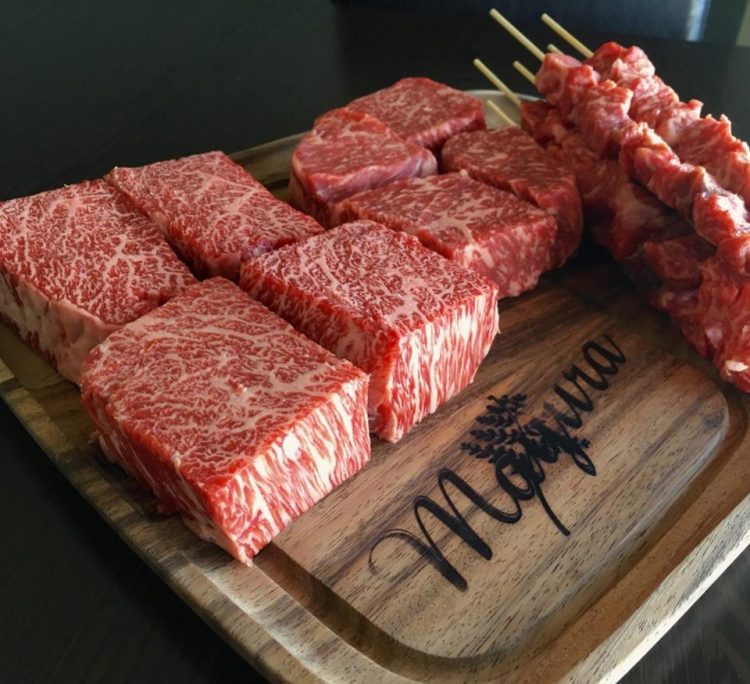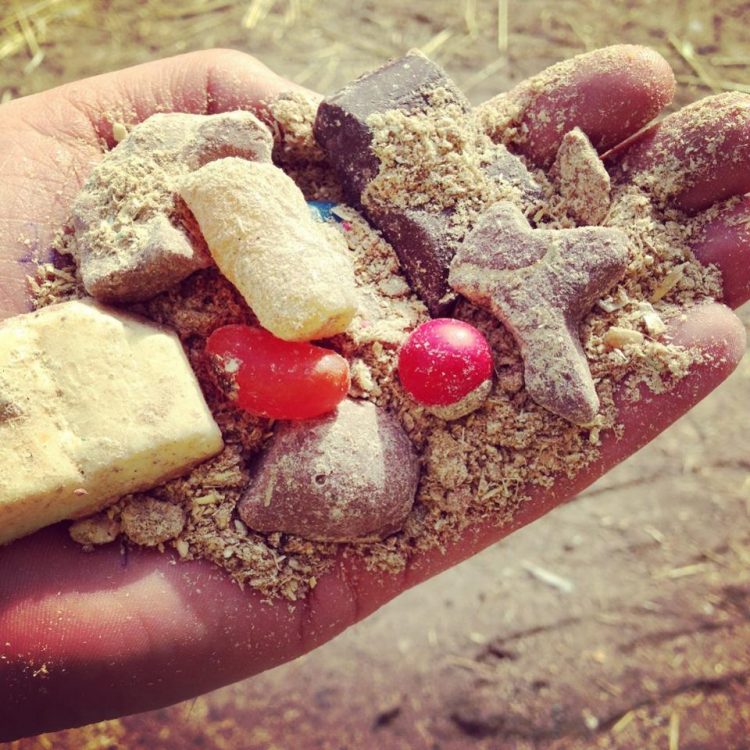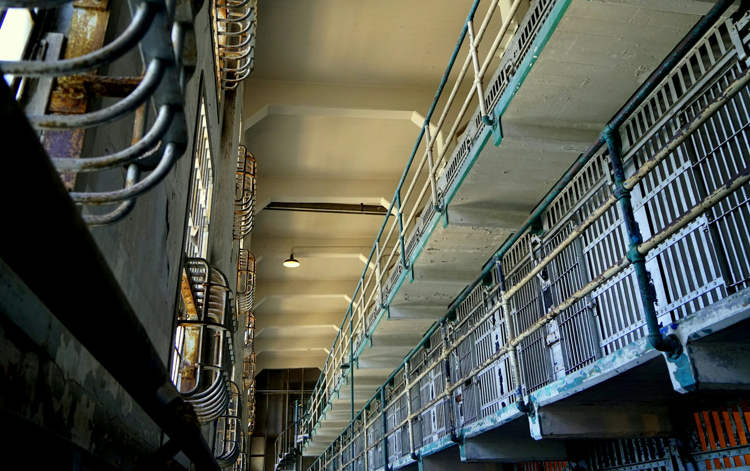They say chocolate makes everything better, and apparently premium wagyu beef is no exception. For the past 10 years, the Mayura Station Farm in southern Australia has been feeding its full-blood wagyu cattle chocolate and other sweets mixed with their regular feed, and the results have been spectacular.
When Scott de Bruin, managing partner at Mayura Station, returned to his father’s farm in the Limestone coast of Australia, in 1998, he knew he wanted to do something special to make their beef stand out from that of other luxury cattle farms around the world. But he didn’t know exactly how he was going to do that, so he consulted a cattle nutrition specialist from Japan and spent two years experimenting with different feed before deciding on the final daily ration for his wagyu cows – a special mix of regular feed, chocolate, gummy bears, strawberries and cream flavored gummy snakes. Each cow eats up to 2 kilograms of ground and partially broken chocolate delivered by Cadbury’s every day.

Photo: Mayura Station
Adding chocolate to the daily diet of cows at Mayura Station started out as a simple experiment, but it ended up making their luxury beef one of the most appreciated in the world. “Many of my customers come to enjoy Mayura beef two to three times a week. They love how the beef has the perfect balance of fat, rich flavor and tender texture,” Michelin star chef Umberto Bombana told Forbes Magazine.
Shane Osborn, Head Chef and Co-Owner of Arcane Restaurant in Hong Kong, added that its unique sweetness, hint of nuttiness and buttery texture make Mayura beef “the ultimate steak”.
Although he first started feeding his cattle chocolate in 2006, Scott de Bruin claims that he only realized how important it was to the quality of the meat in 2010, when he decided to take it out of the animals’ diet to make the meat pinker and more marbled. Two months later, clients started phoning in and asking ‘What have you done? Your Wagyu doesn’t taste like it used to anymore’. So de Bruin immediately reverted to including chocolates again.
De Bruin says he begins feeding calves chocolate when they are 30 months old, but only a bit of it, with the ration increasing the closer they get to the slaughterhouse. “The last two rations are about producing as much marbling as we possibly can, so that’s why they consume such a high-calorie ration,” he told VICE Munchies. “Think about it. If you eat a lot of chocolate, you’re probably marbled really well.”

Photo: Mayura Station
Asked if the milk chocolate has a negative effect on the cattle’s health, Scott de Bruin says “No, unlike humans – who may start eating chocolates at a very young age for over several decades – these cattle (raised on chocolates for only four months) won’t see the long-term negative effects of chocolates in their system.”
“People ask me about the ethics of feeding chocolate to cows. But they’re not on a long timeline here, they are going to go to baby cow heaven soon, but this way they are happier and taste better,” the Mayura Station manager said. “All I can say is that in those last four months, they are really, really happy cows.”
As you can imagine, Mayura luxury beef is not cheap. Forbes reports that a 10.5oz-steak sells for $288, but those who can afford it claim it’s worth every penny.
Interestingly, feeding cattle chocolate and other sweets is not unheard of. In 2012, a surge in corn prices forced farmers to feed their cows chocolate, gummy sweets and marshmallows, since their four stomachs help them digest pretty much anything, but Mayura Station is the only one using the unusual feed to enhance the flavor of the beef.






